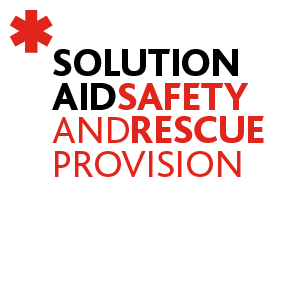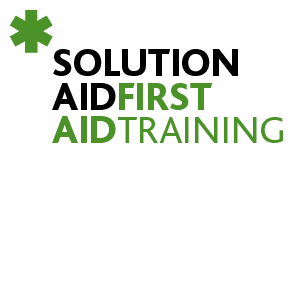Treatment for asthma
The most common form of treatment is medication taken through an inhaler, also called a pump or a puffer.
Inhalers contain measured doses of medication that you take into your airways when you breathe in, with few or no side effects. There are many different types of inhalers but the most common types are preventer inhalers, which try to stop asthma symptoms from occurring, and reliever inhalers, which relieve asthma symptoms when they do occur.
Different inhalers work in different ways, if you don’t use your inhaler correctly, the medication won’t get into your airways and you won’t get the full benefit of it.
Preventer inhalers
The most important thing in treating asthma is to control the inflammation in your airways. Preventer inhalers usually contain medication called inhaled steroids, similar to the steroids our bodies produce. Having an extra amount of steroids every day through an inhaler helps to control the inflammation and reduces symptoms. Taking your preventer inhaler twice a day – in the morning and before you go to bed – can help to prevent symptoms.
Reliever inhalers
When you experience wheezing, breathlessness and tightness in your chest you will normally need to use a second inhaler to ease these symptoms. These reliever inhalers contain medication called short-acting beta agonists, or SABAs, which relax the muscles around the tightened airways, allowing the airways to open wider. This makes it easier to breathe and reduces your symptoms. The most common SABA is salbutamol, often known as Ventolin.
Reliever inhalers work very quickly – often within seconds – and you will usually be able to feel the benefit straight away. You only need to take your reliever inhaler when symptoms start and you should take it as early as possible when you get symptoms.
Other treatments
Depending on how severe your asthma is, your doctor or nurse may suggest other types of treatment, for example, tablets or another type of inhaler.
If you feel a course that covers this try of treatment would be suitable for your or your organisation please do not hesitate to make contact with us on 07582 062 257 or email alan@solutionaid.co.uk



